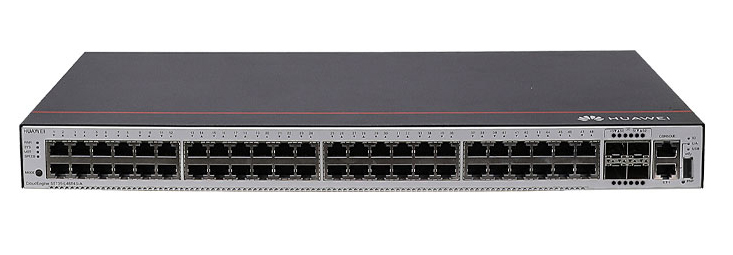































 Getty Images/Weiquan Lin
Getty Images/Weiquan Lin "The entire history of software engineering is one of rising levels of abstraction," says Grady Booch, IBM chief scientist of software engineering, and premier thought leader in the technology space.
If you have used ChatGPT, you probably gave thought to the construction of your query -- but no thought at all about the construction of its supporting infrastructure -- servers, databases, networks, or even its large language models.
Also: How to use ChatGPT to write code
Welcome to the age of abstraction. And the pace of abstraction for both technology and business professionals is accelerating just as quickly -- to the point where one no longer requires in-depth knowledge of the plumbing underneath applications and devices -- or, increasingly, even the data science.
Some refer to the emerging constellation of technologies -- artificial intelligence, machine learning, and advanced robotics (both software and physical) -- as the "new automation," which will handle many rote or low-level tasks, but increasingly taking on more complex jobs. The catch is that it's going to take a range of skills, now in short supply, to effectively introduce the "new automation."
Also: Low and no-code software may soon test the limits of IT hand-holding
Greater automation across the board means more self-service for all. A recent survey of 439 IT managers and operators, published by Stonebranch, finds self-service automation is booming for both technologists and non-technologists. Just about all, 92%, empower end-users from data, cloud, development, and line-of-business teams to execute their own workflows, tools, and processes.
Self-service automation "helps people control their own processes, reduces manual work, and boosts efficiency - for the end-user and the IT team," the survey report's authors state. For those in the technology field, the pace is even more profound -- with data teams experiencing 2x growth in self-service and developers seeing a 4x increase year-over-year.
Also: More skills are needed to help AI plug skills gaps
AI is already playing a part in handling technology tasks. A survey released by OpsRamp finds more than 60% of companies adopting AIOps, which applies AI to monitor and improve IT operations themselves. The greatest IT operations challenge for enterprises in 2023 was automating as many operations as possible, cited by 66% of respondents. The main benefits of AIOps seen so far include reduction in open incident tickets (65%); reduction in mean time to detect or restore (56%), and automation of tedious tasks (52%).
The latest IT staffing data from Janco Associates finds recent layoffs affected data center and operations staff, with business leaders looking to automate IT processes and reporting. The apparent trend here is that those pursuing careers in technology need to look higher up the stack -- at applications and business consulting.
Also: Laid-off tech workers are launching their own ventures, competing with ex-employers
However, there's still a lot of work for people working with the plumbing and code. Unfortunately, getting to automation-driven abstraction -- especially if it involves AI -- requires some manual work up front. Not all automation solutions can bridge the gap between cloud, container, and on-premises systems. Nearly 40% of respondents in the Stonebranch survey said their automation tools either can't connect to or only connect to some cloud/SaaS-based technologies via APIs. "As organizations face the challenges of hybrid IT, the importance of orchestrating automated IT processes across various environments is evident," the report's authors state.
The OpsRamp study finds engineers with the right skill sets for AIOps remain hard to find. A majority of managers, 68%, said it takes more than six months to hire engineers with the right skillsets for AIOps. "Hiring for AIOps takes longer than implementing AIOps," the report's authors state. "Organizations should invest in retraining existing ITOps employees for AIOps wherever possible."
Also: Want to succeed in software? Look beyond Silicon Valley
Skills that are and will continue to be in high demand to bring AI and advanced automation into both IT and business processes, as outlined by Gaurav Tewari, founder and managing partner of Omega Venture Partners, in Forbes, include training, implementing, and integrating AI systems: Needed are people "capable of building applications to augment business workflows. It will mean teaching the systems so workers can properly analyze data and recognize nuanced patterns."
In addition, Tewan says, managing AI systems "will require cross-functional leadership, coordination, change management and the ability to manage AI systems in a way that complements what their employees already do."
 Tags quentes :
Inteligência artificial
Inovação
Tags quentes :
Inteligência artificial
Inovação